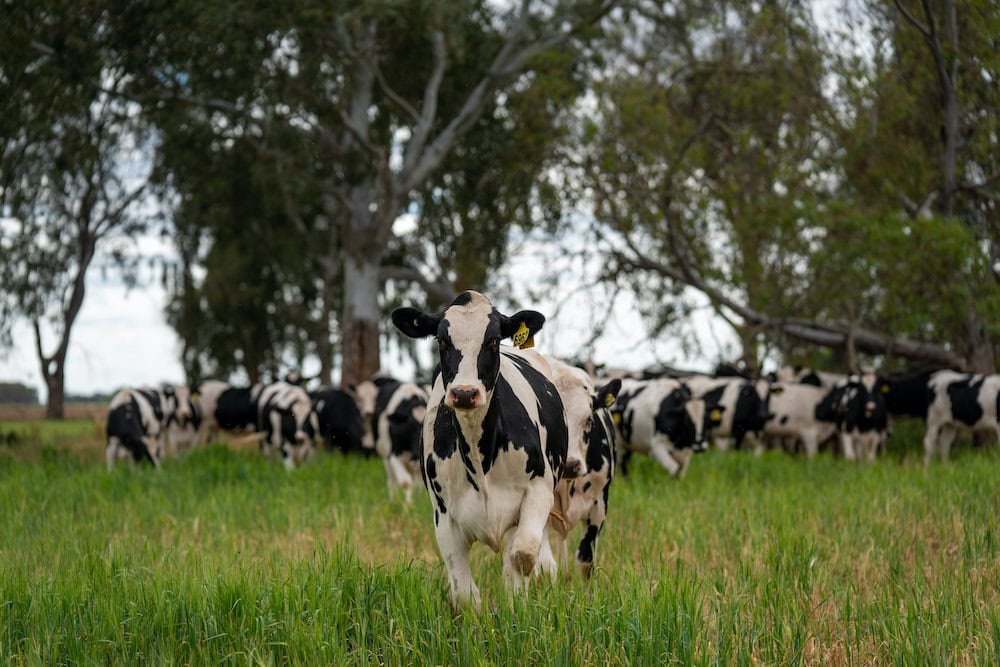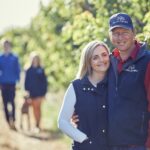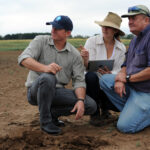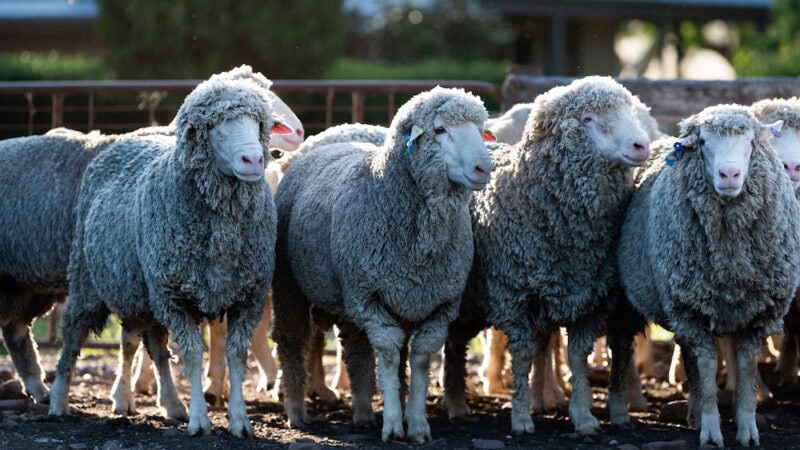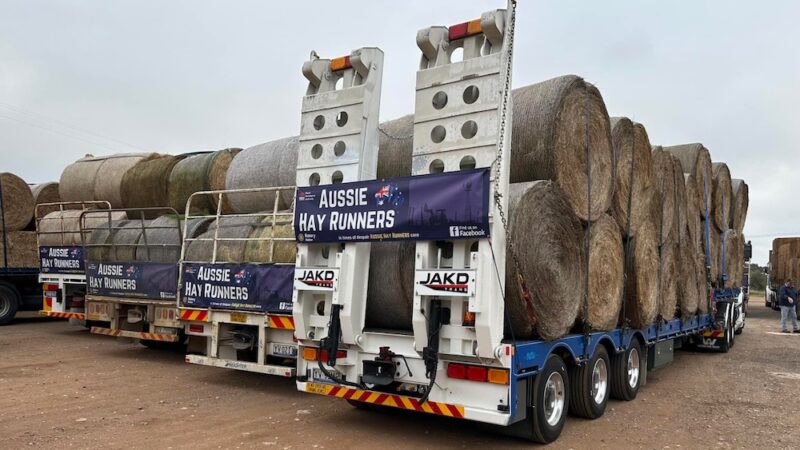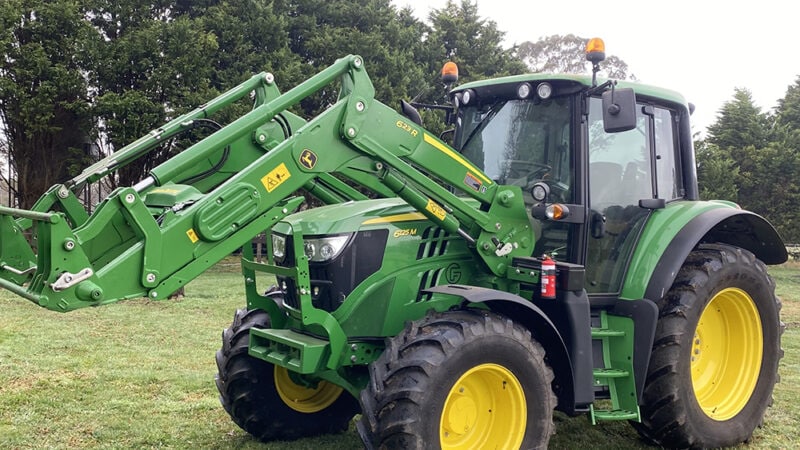Stepping into the Honour Room in NSW Farmers� head office in St Leonards, Sydney, visitors…
NSW Farmers budget asks: the year ahead
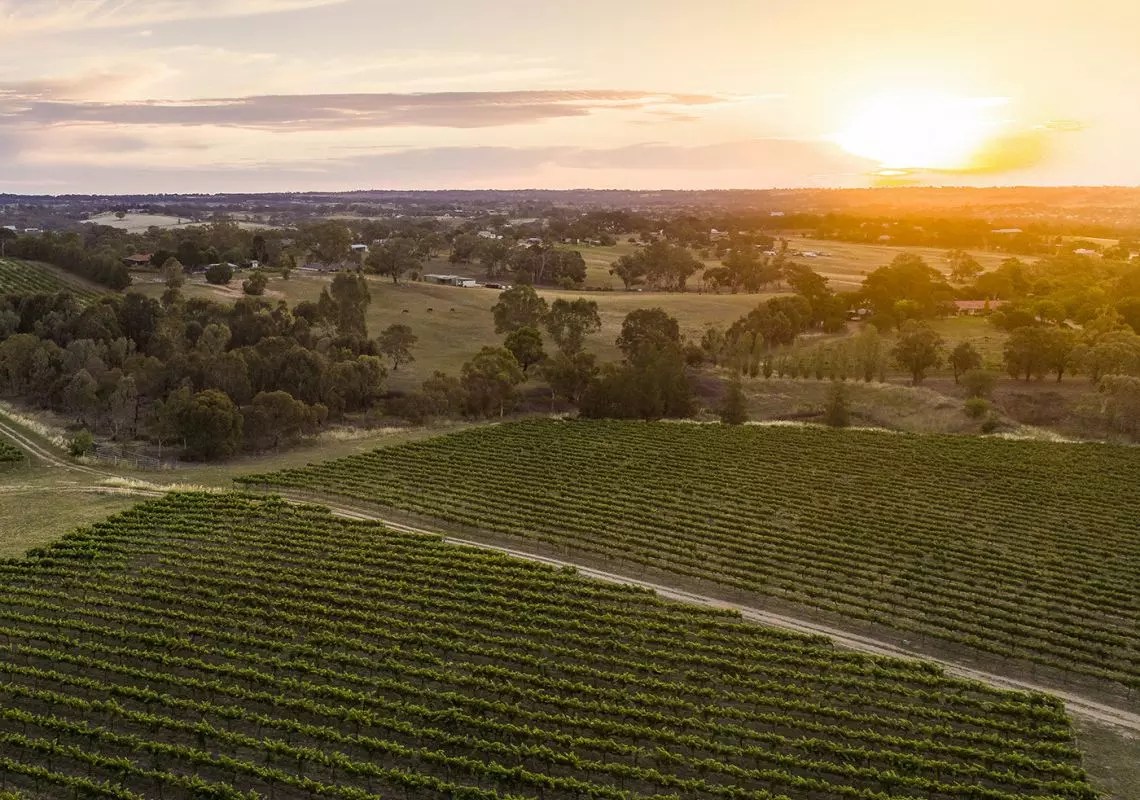
Workforce
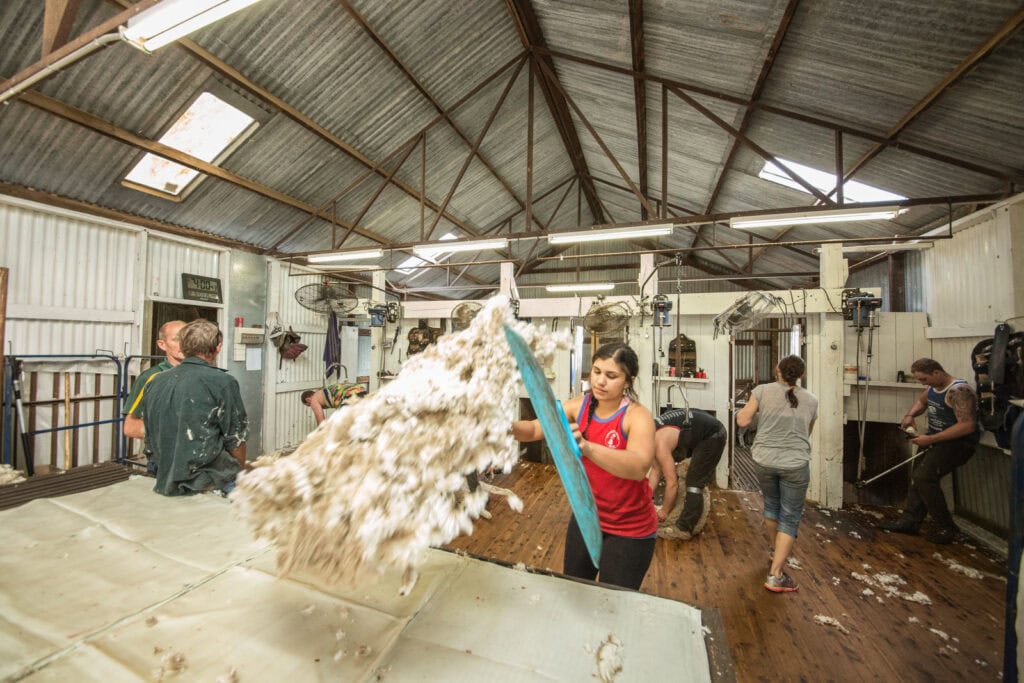
Workforce uncertainty has been an unwavering reality for the agriculture sector over the pandemic. But Mr Arkle said workforce challenges have been simmering for years, having finally come to a head with the halt to international travel.
�This might catalyse action from the sector and government to find new ways of promoting opportunities in agriculture, which will only grow more dynamic with innovation and technology advancements,� Mr Arkle said. The diversity of career paths and volume of agricultural positions present an investment opportunity for the NSW Government as it focuses on a job-driven recovery from COVID-19.
NSW Farmers is calling for:
� $17 million to improve attraction and retention across agriculture, including by reattracting working holiday visa holders to horticulture and addressing accommodation barriers for harvest workers.
� $9 million for an Agriculture Careers Strategy to increase visibility of career opportunities and fund vocational training for the current and future needs of the workforce.
Land use in regional NSW
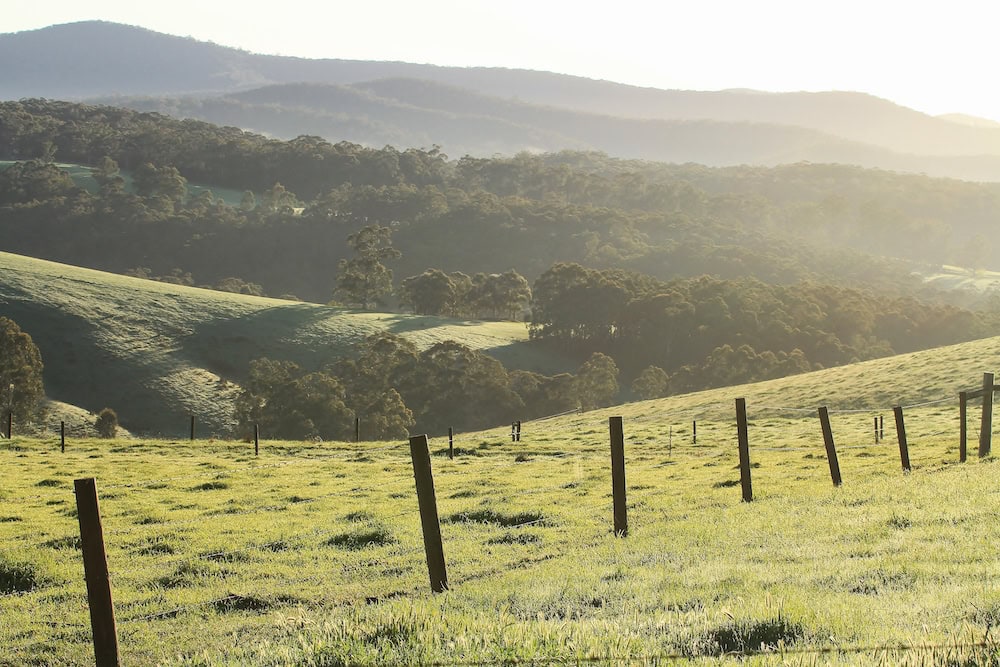
Population growth and the shift to renewable energy generation will be significant issues for agriculture and regional NSW over coming decades. Space will become an even hotter commodity as regional towns bulge and new energy infrastructure is installed. Mr Arkle says agricultural land cannot be viewed as a default zone to accommodate these competing interests and stresses the importance of a forward-thinking planning system that balances different land uses.
�Establishing an effective planning system now will eliminate or minimise conflict in the future, as well as protect our most productive and strategic agricultural land,� he said.
NSW Farmers is calling for:
� $15 million for a legislated Agriculture Commission to aid the independent identification and resolution of issues affecting agriculture, particularly in land use planning.
� $6 million for new rural land-use officers as a trusted source of independent information and a �shopfront� for questions around energy developments and land-use.
Productivity and Market Development & competitive markets
A growing global population means a larger consumer base for the state�s farmers. It also means expanding production whilst simultaneously navigating new technology, higher consumer discernment, environmental targets, and globalisation. Mr Arkle says innovation, competitive markets, and community trust will be central to managing these changes.
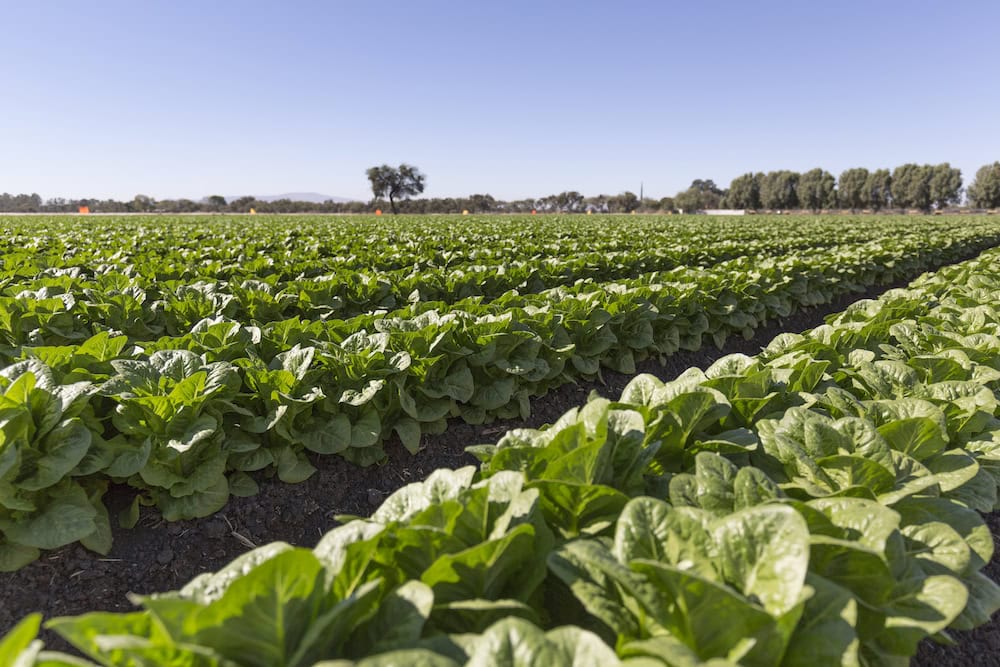
A key advocacy priority for NSW Farmers has been to promote fairness and sustainability in supply chains. Mr Arkle said a lack of competition in the processing and supermarket landscape has negatively impacted farmers� bargaining power in some fresh food industries.
�This trend must be corrected to encourage long-term investment in at-risk industries and prevent an exodus of farmers.�
NSW Farmers is calling for:
� $1 million for a dedicated task group to lead the harmonisation of state and territory legislation relating to unfair contract and trading terms.
� $29 million for vertebrate pest management and mitigation.
� $10 million for weed management and compliance.
Community Trust
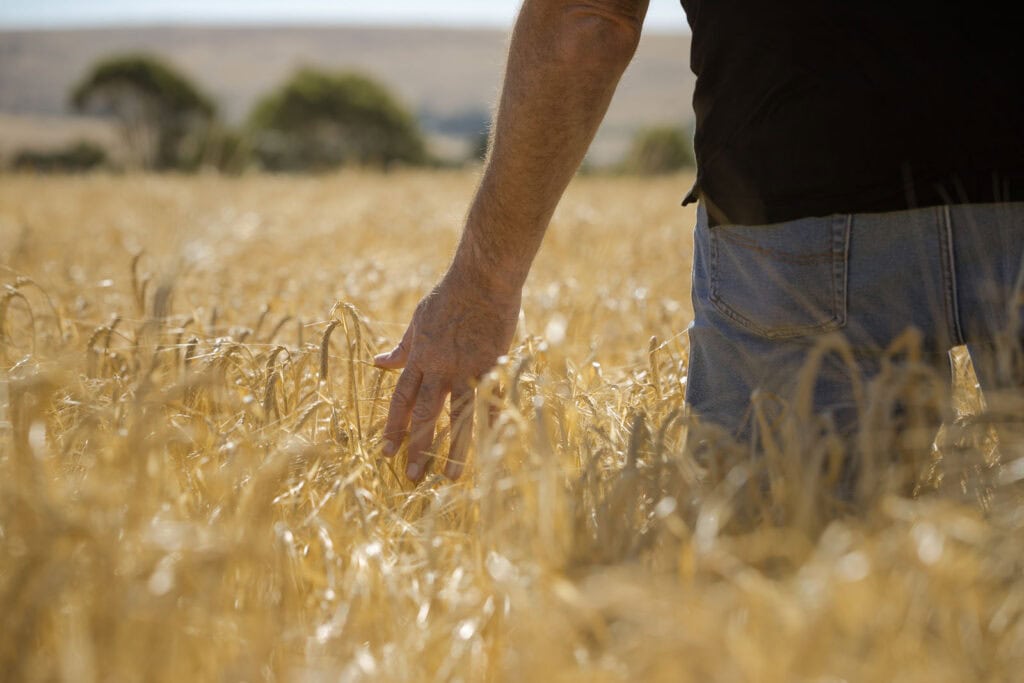
For many living in urban environments, agriculture and farming practices are shrouded in mystery. NSW Farmers is pushing for stronger community engagement to help dispel myths and confusion around headline issues such as environmental sustainability and animal welfare. �Community trust is important for the sector, and will grow even more so as Environmental, Social and Governance (ESG) credentials influence private sector decision-making,� Mr Arkle said.
NSW Farmers is calling for:
� $3 million to foster engagement and connections between farmers and the community to build understanding of our industry and practices.
Research and development
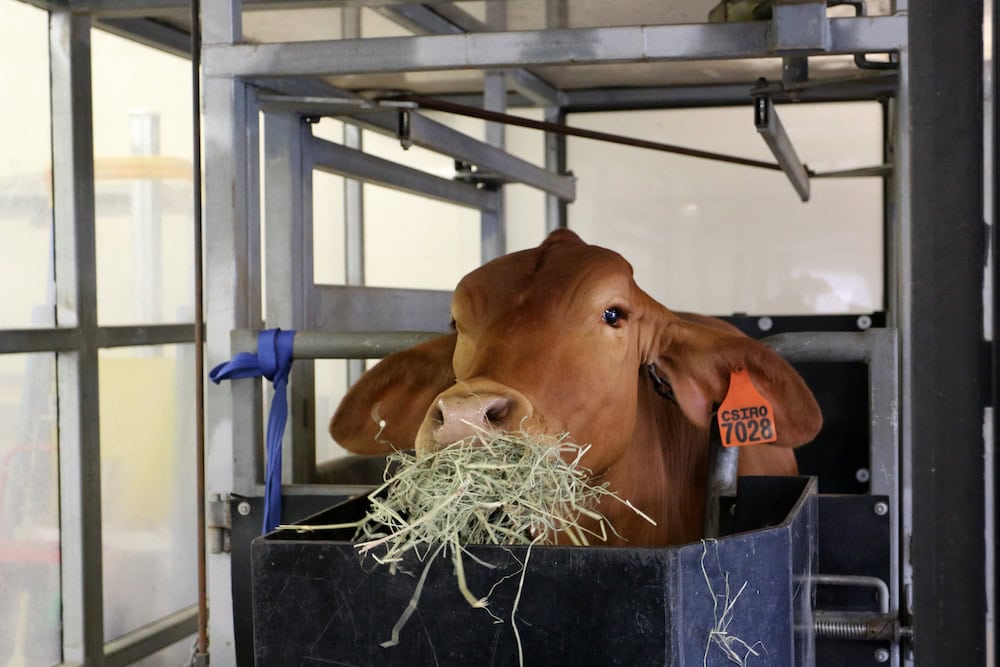
A record-breaking run has placed the NSW agriculture sector within reach of its $30 billion by 2030 productivity target.
Mr Arkle believes now is the time to invest in growth enablers such as research and development to consolidate on this positive trend. �Agriculture is ripe with potential, and the NSW Government�s growing focus on innovation to fast-track COVID-19 economic recovery bodes well for the sector.�
NSW Farmers is calling for:
� $87 million to prevent potentially disastrous biosecurity incursions through improved systems for testing and diagnostics, as training and outreach.
� $40 million for research and development through DPI and additional LLS outreach and extension.
Looking to the future: resilience and preparedness
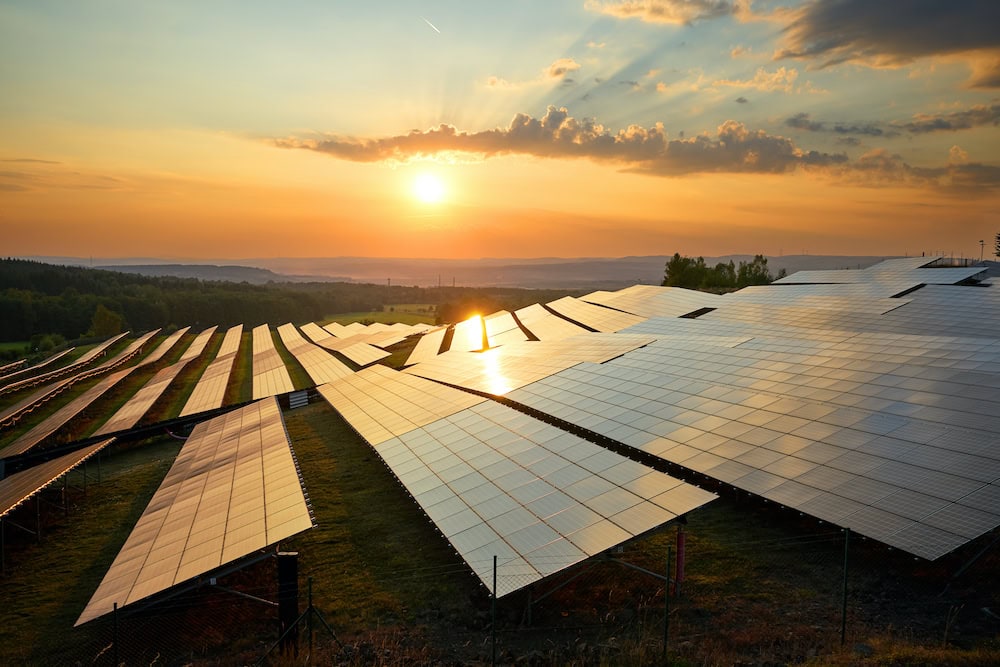
Farm businesses can only thrive if they are sustainable, and the rising cost of inputs can derail future investment.
The cost of electricity has tripled over the last decade � a troubling reality for regional and rural users who already pay 25 per cent more than urban users, and a particularly concerning trend for high energy users such as dairy and intensive livestock farmers.
NSW Farmers is calling for:
� $30 million for financial assistance, such as grants and low interest loans, to help farmers and communities install renewable energy generation and storage to diversify their energy sources.
Advocacy and industry representation are critical in an ever-changing world, and Mr Arkle says some industries need reform to safeguard their future.
NSW Farmers is calling for the NSW Government to invest $6 million to implement the Dairy Industry Action Plan, which outlines key actions and projects that will drive productivity and growth for the dairy industry.
